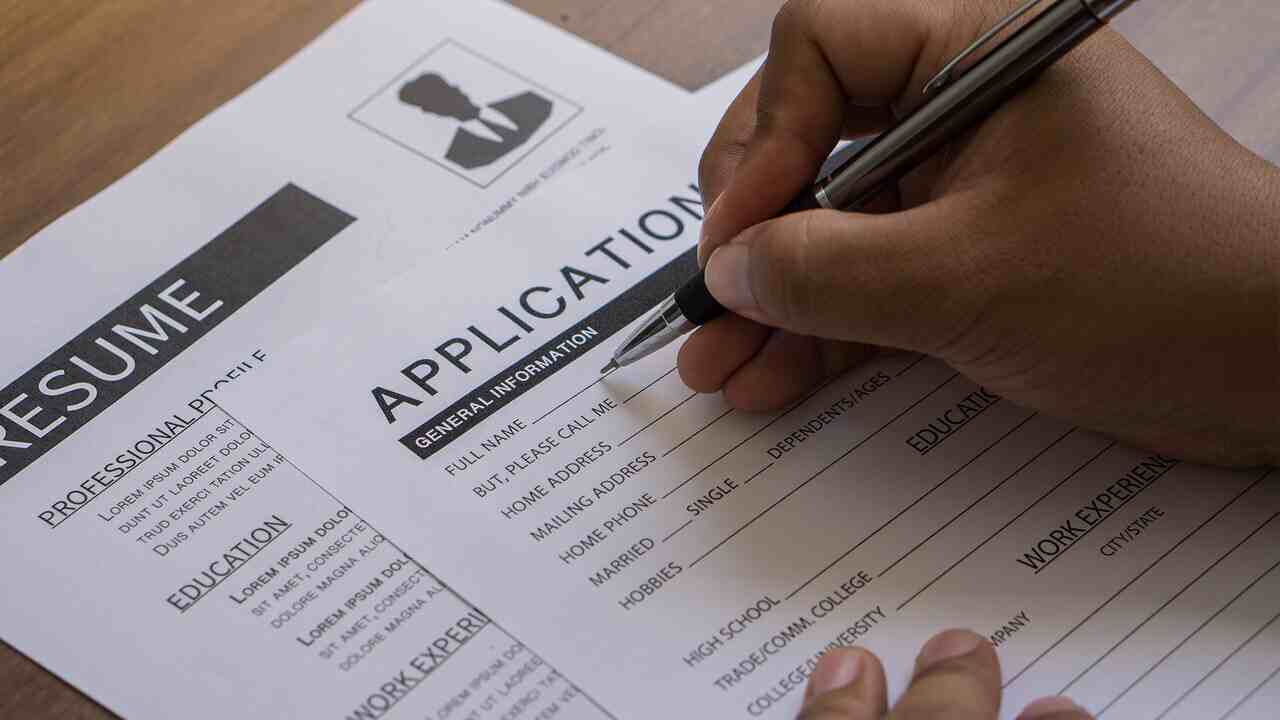The interview went well. The offer is in your inbox. The salary looks decent. You're tempted to hit "accept" right now—but something in your gut feels off.
Before you say yes, pause.
Toxic workplaces aren’t always obvious. They don’t all look like screaming bosses or nonstop all-nighters. Some are subtle. Some are polite. Some even come with kombucha on tap.
Here’s how to spot the red flags before you sign the contract.
1. The Job Description Was Vague or Weirdly Intense
A job posting can tell you a lot if you read between the lines.
Red flags to watch for:
- “Must be able to multitask in a fast-paced environment” (translation: chaos)
- “Thick-skinned” or “handles pressure well” (translation: expect bad behavior)
- Vague responsibilities with lots of “other duties as assigned”
- No mention of team structure or reporting lines
If the role sounds like three jobs crammed into one, or like it was written by someone yelling at the keyboard, proceed with caution.
2. You Had to Chase Them Just to Get an Interview
Sure, companies get busy. But if communication is sloppy before you work there, it probably won’t improve after you join.
Did they:
- Go dark for long periods?
- Reschedule more than once last-minute?
- Seem disorganized or contradictory in their messaging?
Everyone drops the ball occasionally. But if the process felt scattered from the jump, it might be the norm, not the exception.
3. The Interview Felt... Off
Sometimes you walk into an interview and everything feels a little too stiff. Or tense. Or awkward.
Possible warning signs:
- Interviewers seem stressed or disengaged
- They badmouth former employees or competitors
- No one explains how success is measured
- They can't clearly answer questions about culture, growth, or work-life balance
If everyone sounds rehearsed or nervous—or if they dodge your questions—that’s a clue they’re hiding something.
4. The Office Atmosphere Felt Cold or Uncomfortable
If you interviewed in person, how did the space feel?
Clues to look for:
- Silent office with people avoiding eye contact
- Workstations with no personal touches
- Closed doors, no laughter, and a weird “don’t talk to strangers” energy
Culture shows up in how people behave when they’re not being watched. A quiet or tense environment may suggest a lack of trust, creativity, or psychological safety.
5. Glassdoor Reviews Have Patterns
Yes, reviews can be biased. But if several people from different roles, timeframes, and cities are saying the same thing, pay attention.
Red flag patterns:
- High turnover
- Burnout
- Poor leadership
- No room for advancement
- “Great place to start, but…”
Read the most recent reviews—and the most brutal ones. If people sound scared to speak up (even anonymously), that says a lot.
6. You Don’t Know Who You’ll Actually Be Working With
If you’ve made it to the offer stage but haven’t met your direct manager or team, ask why.
A healthy company wants you to meet the people you’ll be in the trenches with.
If they keep you siloed during the process, or say things like “We don’t usually bring others into interviews,” that’s odd.
You deserve to know who you’ll be reporting to and collaborating with.
7. The Offer Letter Has Weird Language or Pressure
You’re reviewing the offer, and something feels off. Maybe the tone is aggressive. Maybe the deadline is too tight. Maybe it includes confusing clauses.
Watch for:
- Pressure to sign quickly without time to review
- Vague benefits or bonus structure
- “At-will” language that feels one-sided
- No mention of work hours, location, or reporting lines
If it reads like a legal trap or feels oddly rushed, you’re not wrong to hesitate.
8. Everyone You Spoke To Has Been There Less Than a Year
A little turnover is normal. But if every person you interviewed with is new, that could be a sign of:
- A recent exodus
- Poor retention
- Unstable leadership
- No institutional memory
Ask about tenure during the interview. If no one’s been there long, find out why.
9. They Avoid Talking About Work-Life Balance
Asking “How’s the work-life balance here?” is a perfectly normal question.
If the answer sounds like:
- “We work hard and play hard”
- “We’re like a family”
- Nervous laughter followed by silence
- “It really depends on the team…”
...you may want to dig deeper.
Good companies give straight answers and know burnout isn’t a badge of honor.
10. You Feel Relieved When the Interview Is Over
Sometimes the biggest red flag is your own gut reaction. Did you leave the interview feeling excited? Curious? Energized? Or did you breathe a sigh of relief that it was done? Listen to that instinct. If you felt uneasy, drained, or like you couldn’t be yourself during the process, that might be a glimpse into daily life there.
You’re not being picky. You’re being smart.



